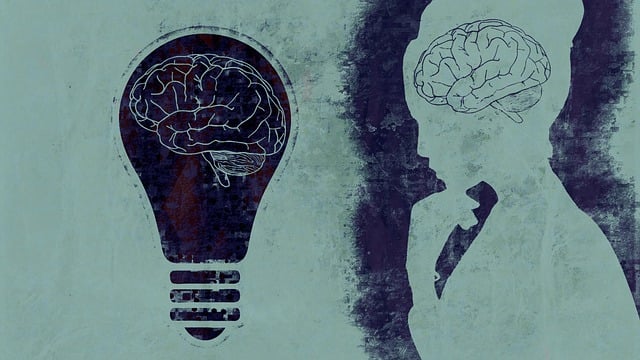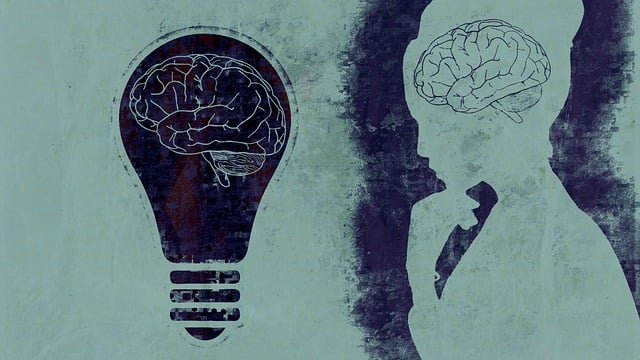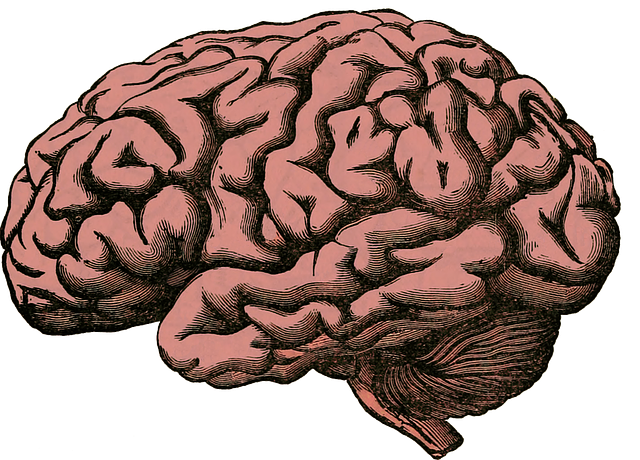In Greenwood Village, the stigma surrounding mental illness, particularly postpartum depression (PPD), is a significant barrier to accessing necessary support and care. To combat this, the community has adopted a dedicated approach, offering specialized therapy programs that include open discussions, resilience-building, and evidence-based practices in a safe space. These initiatives, incorporating empathy-building, group sessions, and individual counseling, foster community resilience and provide hope for PPD sufferers. Reducing stigma requires education through workshops, seminars, and podcasts within medical institutions, along with community engagement to create supportive networks and encourage open conversations about mental health.
Mental illness stigma is a significant barrier to seeking treatment, with postpartum depression (PPD) being a pressing concern in Greenwood Village. This article explores comprehensive strategies to reduce PPD stigma and improve access to care. We delve into the profound impact of social perceptions on mental health, highlighting successful initiatives like targeted therapy models. Additionally, we discuss evidence-based approaches in healthcare settings and community engagement tactics to foster understanding and support for individuals battling PPD, ultimately enhancing their journey towards recovery.
- Understanding Stigma and Its Impact on Mental Health
- Greenwood Village Postpartum Depression Therapy: A Targeted Approach
- Strategies for Reducing Stigma in Healthcare Settings
- Community Engagement and Education: Building a Supportive Network
Understanding Stigma and Its Impact on Mental Health

Stigma surrounding mental illness can have profound effects on individuals’ willingness to seek help and their overall well-being. It often manifests as negative attitudes, stereotypes, or discrimination directed towards those experiencing mental health challenges. This stigma can lead to social isolation, reduced access to quality healthcare, including Greenwood Village postpartum depression therapy, and even hinder career opportunities. Many struggle in silence, suffering from preventable emotional distress due to the fear of judgment and ostracization.
Understanding the impact of stigma is crucial for fostering an environment conducive to emotional healing processes. It requires efforts to raise awareness, promote cultural sensitivity in mental healthcare practice, and encourage empathy. By addressing these issues head-on, communities can better support those dealing with mental health struggles, ensuring they receive the care and understanding they deserve without the burden of societal judgment.
Greenwood Village Postpartum Depression Therapy: A Targeted Approach

In Greenwood Village, a targeted approach to addressing postpartum depression (PPD) has emerged as a beacon of hope for new mothers grappling with this often-overlooked mental health challenge. The local community has recognized the unique needs of mothers post-pregnancy and has developed specialized therapy programs tailored to their struggles. These initiatives focus on providing a safe space for open discussions, fostering resilience building, and implementing evidence-based practices such as social skills training to empower these women.
The therapy programs in Greenwood Village go beyond traditional treatment by incorporating empathy-building strategies that create a supportive environment. Through group sessions and individual counseling, mothers can connect with peers facing similar experiences, reducing feelings of isolation. This collective approach not only facilitates healing but also encourages the sharing of coping mechanisms and resources, promoting a sense of community and collective resilience among participants.
Strategies for Reducing Stigma in Healthcare Settings

Reducing stigma in healthcare settings is a crucial step towards creating an inclusive environment for individuals seeking support for their mental health. One effective strategy is to integrate education and awareness programs within medical institutions. These initiatives can help dispel myths and misconceptions surrounding mental illness, particularly conditions like postpartum depression, which often requires specialized care in Greenwood Village. By organizing workshops, seminars, or even mental wellness podcast series production, healthcare providers and staff can educate themselves and others about the signs, symptoms, and treatment options available.
Moreover, fostering open conversations about mental health challenges can significantly contribute to stigma reduction. Encouraging patients to share their experiences and implementing coping skills development programs can create a supportive atmosphere. Mental wellness coaching programs development, tailored for specific populations, can empower individuals to manage their conditions effectively while reducing the fear of judgment often associated with seeking professional help.
Community Engagement and Education: Building a Supportive Network

In reducing the stigma surrounding mental illness, community engagement and education play a pivotal role in fostering a supportive network. By organizing workshops, seminars, and Mental Wellness Podcast Series Production, communities can raise awareness about various mental health conditions, including postpartum depression, which often goes unnoticed or misunderstood. These platforms provide opportunities for open discussions, encouraging folks to share their experiences and dispel myths associated with mental illness.
In Greenwood Village, for instance, initiatives focused on Emotional Well-being Promotion Techniques have proven effective in creating a safe space for individuals seeking therapy for postpartum depression. Such efforts not only educate the public but also equip them with tools to identify signs of struggle and offer much-needed support. Through collaborative Mental Health Education Programs Design, communities can build resilience, enhance coping mechanisms, and ultimately create an environment where mental health is prioritized and stigmatization diminishes.
Mental illness stigma, particularly postpartum depression, remains a significant barrier to seeking help. However, with targeted approaches like Greenwood Village’s specialized therapy programs and strategic initiatives in healthcare settings and community engagement, progress is being made. By continuing to educate and foster supportive networks, we can create an environment where mental health concerns are met with understanding and compassion, ultimately encouraging those affected to seek the care they deserve, including Greenwood Village Postpartum Depression Therapy.














